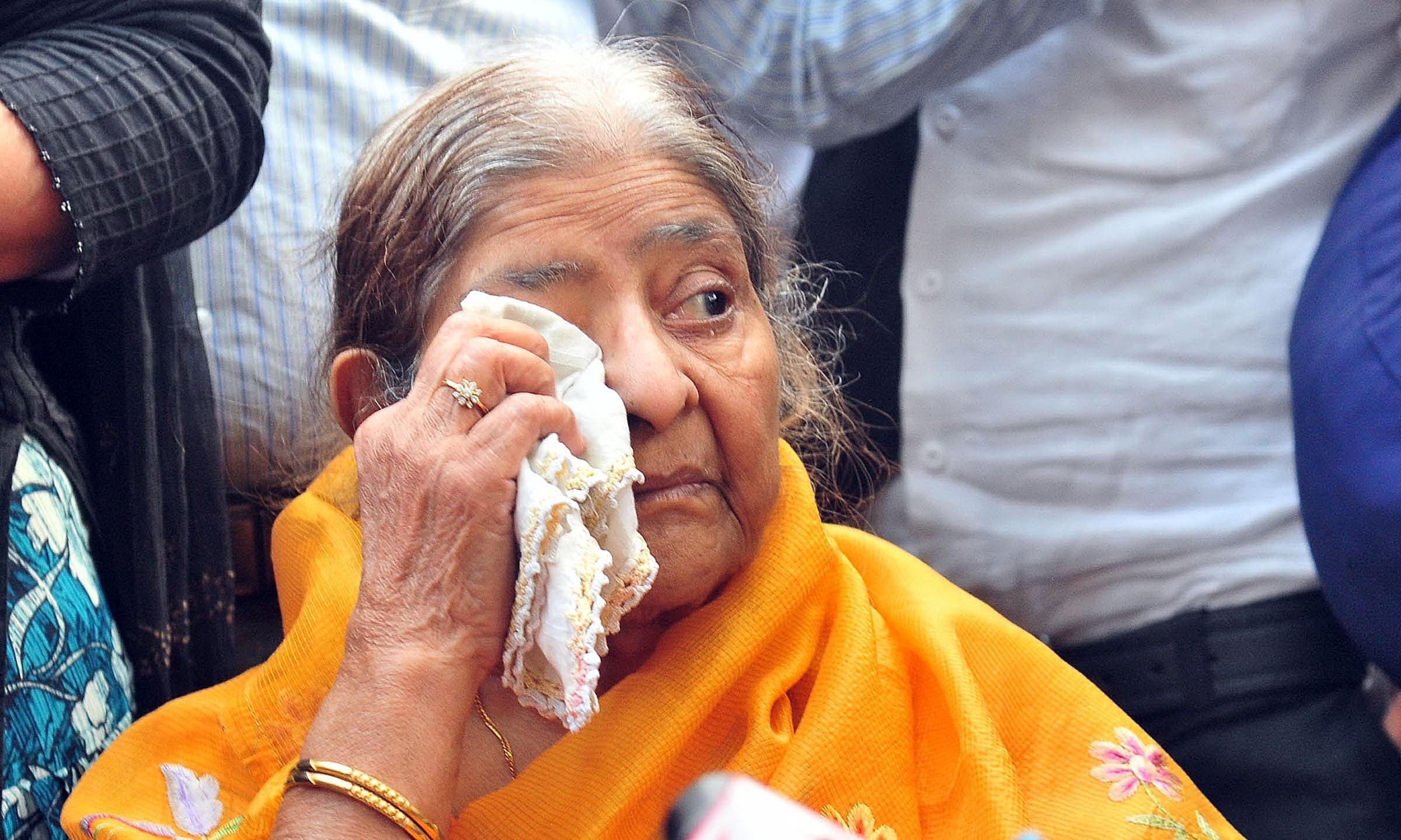

'Stark collaboration' between political class, bureaucracy during Gujarat Violence 2002: Zakia Jafri to SC
text_fieldsNew Delhi: There was a "stark collaboration" between the political class, bureaucracy, investigators and others during the 2002 Gujarat riots after the "national tragedy" of the Sabarmati Express incident at Godhra and the SIT did not investigate these aspects, Zakia Jafri told the Supreme Court on Tuesday.
The apex court asked Zakia Jafri's counsel Kapil Sibal as to whether he was attributing motives to the SIT and said the term 'collaboration' is a very strong term for a Special Investigation Team (SIT) constituted by the top court.
A bench headed by Justice A M Khanwilkar said the same SIT had filed charge sheets in the riots cases in which the accused were convicted.
Zakia Jafri, the wife of slain Congress leader Ehsan Jafri who was killed at Gulberg Society in Ahmedabad on February 28, 2002, during the violence, has challenged the SIT's clean chit to 64 people including Narendra Modi, the then Gujarat chief minister during the riots.
The S-6 coach of Sabarmati Express was burnt at Godhra killing 59 people and triggering riots in Gujarat in 2002.
Sibal told the bench that there are "glaring instances of collaboration" which are borne out from records but the SIT did not investigate on the alleged larger conspiracy in the riots.
"So far as your grievance about the collaboration of local police at the ground level, we can understand that and we will look into it. How can you say that about the SIT which was appointed by the court," the bench, also comprising Justices Dinesh Maheshwari and C T Ravikumar, asked Sibal.
The bench asked Sibal whether the petitioner is "attacking" the manner of investigation done by the SIT.
Replying to the query, the senior advocate said, "I will demonstrate that after that national tragedy on Sabarmati Express, what happened was that instead of investigating the perpetrators of the crime, the investigators actually became collaborators to the crime. It is not that the entire police machinery was collaborating,"
"There are glaring instances of collaboration that is borne out from the records. The bureaucracy, political class, VHP, RSS and others became collaborators. There was stark collaboration," he told the bench.
The SIT had the knowledge of a sting operation, which was used in another riots case in which the accused were convicted, but they did not probe those people, Sibal said and asked whether the SIT was saving those persons.
The day-long arguments in the matter remained inconclusive and would continue on Wednesday. Sibal had earlier argued that Zakia Jafri's complaint of 2006 alleging larger conspiracy in the riots was not investigated by the SIT.
Senior advocate Mukul Rohatgi, appearing for the SIT, had earlier told the apex court that Zakia Jafri's complaint alleging larger conspiracy was thoroughly examined after which the SIT came to the conclusion that there was no material to take it forward.






















